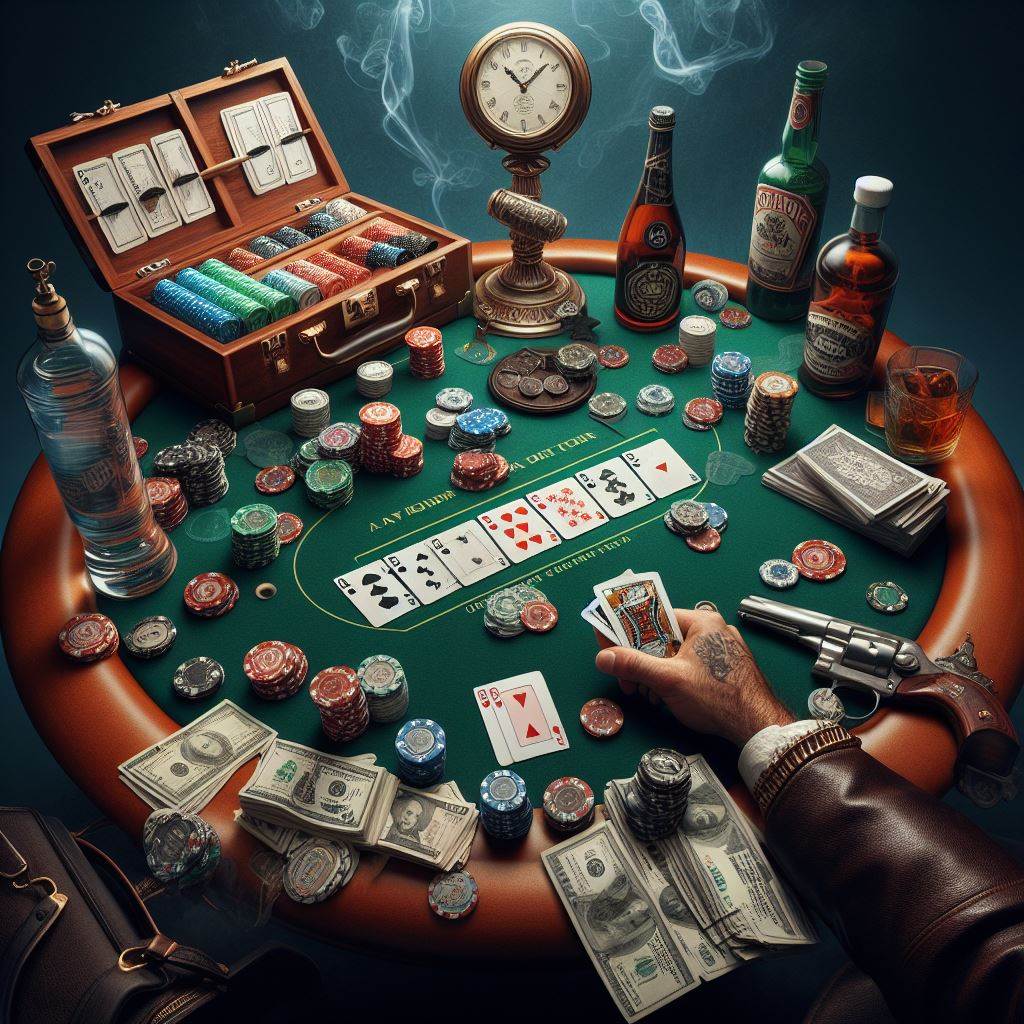Bluffing and Beyond: Advanced Tactics in Casino Poker

The allure of casino poker lies not just in the turn of the cards but in the psychological dance performed at the table. Advanced tactics, Advanced Tactics in Casino particularly the art of bluffing, play a pivotal role in mastering this game. This post delves deep into the nuanced strategies that go beyond the basic rules, offering both novices and seasoned players a glimpse into the sophisticated world of high-stakes poker.
Understanding Poker Psychology
Poker is as much a mental game as it is one of chance and strategy. The key to becoming a proficient player lies in understanding the psychology of your opponents. Recognising patterns in their behaviour and decisions can give you the upper hand, Advanced Tactics in Casino turning a mediocre hand into a winning one through psychological prowess.
The Art of Bluffing
Bluffing is a fundamental strategy in poker where players bet strongly on a weak hand to induce opponents to fold superior hands. But bluffing goes beyond mere deception; it’s an art that requires finesse and timing. Understanding when to bluff and when to fold is crucial and depends largely on reading the game and its players rather than the cards in your hand.
Beyond Bluffing: Advanced Tactical Play
Advanced poker tactics involve more than just bluffing. They encompass a range of strategies designed to maximise psychological advantage and minimise risk. Key among these are pot control, where you manage the size of the pot based on the strength of your hand and your read on the opponents; stack leveraging, which uses your chip stack as a psychological tool; and positional awareness, where your decisions are influenced by your position at the table.
Reading Opponents and Tells
One of the most powerful skills in poker is the ability to read opponents. This includes recognising ‘tells’—subtle physical or behavioural signs that give away information about a player’s hand. Successful players combine these observations with an awareness of betting patterns to build a strategy that pre-empts their opponents’ moves.
Strategic Aggression
Knowing when to be aggressive is a key tactic in poker. Aggressive play can force opponents into difficult decisions, pushing them to fold or engage when they might not otherwise choose to. However, this strategy must be balanced with caution, as undue aggression can lead to significant losses.
Managing Risks and Rewards
Advanced poker also involves careful risk management. Deciding when to take risks and when to play it safe is crucial and often comes down to quick math and probabilities. Skilled players weigh the potential reward of a bluff or aggressive play against the risk of losing chips, making calculated decisions that favour long-term success.
The Mental Game
The mental resilience required to play poker at a high level is significant. Players must cope with variance and the emotional ups and downs of the game. Maintaining a stable mental state allows players to stay focused, make better decisions, and ultimately win more consistently.
Learning from the Pros
Studying the strategies of professional poker players can provide invaluable lessons. Whether watching them in televised games or following their play in online platforms, there’s much to learn from their approach to both the psychological aspects and tactical complexities of poker.
Conclusion
Incorporating advanced tactics into your poker gameplay requires practice and a deep understanding of both the mechanics and psychological aspects of the game. By embracing these strategies, players can elevate their game and enjoy greater success at the casino tables.
Read More: Casino Poker Etiquette: Do’s and Don’ts at the Table


